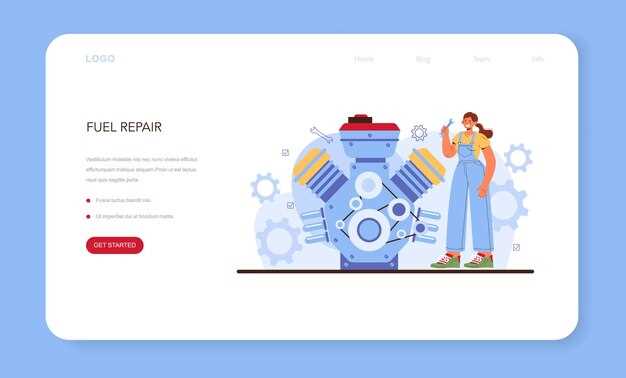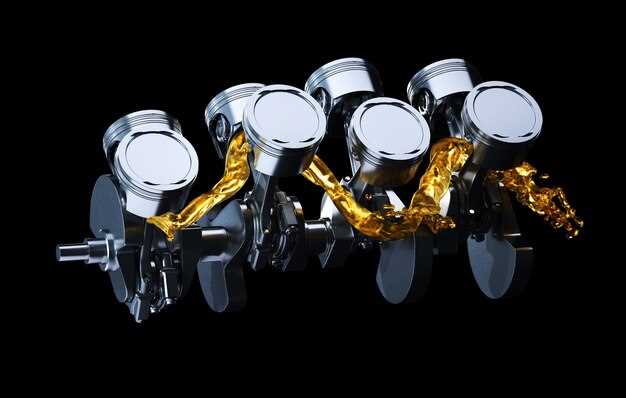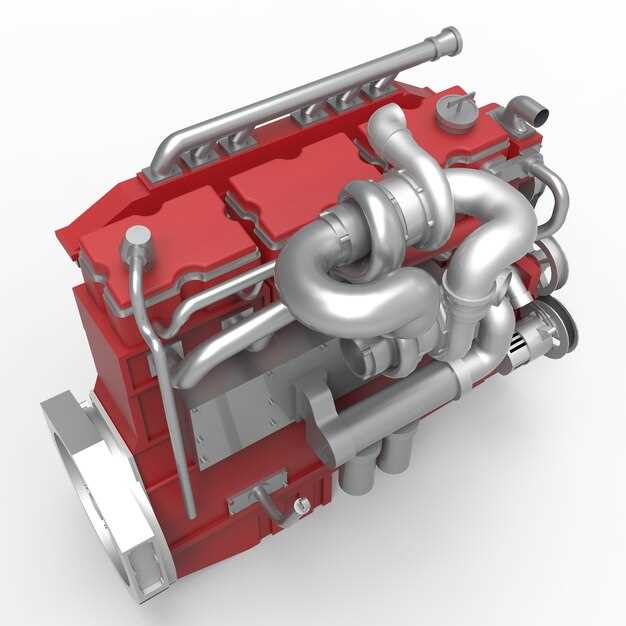
How to Maintain Turbocharged Engines
- Arthur Rodriquez
- 0
- Posted on

Turbocharged engines have transformed the automotive landscape by delivering remarkable power and efficiency. However, to ensure these high-performance engines operate at their best, regular care and maintenance are essential. Neglecting the specific needs of a turbocharged engine can lead to diminished performance and costly repairs.
One of the key tips for maintaining a turbocharged engine is to follow the manufacturer’s recommended service schedule. This includes routine oil changes, which are crucial as oil not only lubricates the engine components but also assists in cooling and cleaning. Using the right type of synthetic oil is vital, as it can withstand the higher temperatures generated by turbocharging.
Moreover, paying attention to the engine’s air intake and exhaust systems is equally important. A clean air filter ensures optimal airflow, while an efficient exhaust system helps in reducing back pressure. Neglecting these aspects can lead to turbo lag and reduced engine responsiveness, ultimately impacting overall performance.
Regular Oil Changes: Ensuring Turbo Lubrication
Turbocharged engines rely heavily on proper lubrication to maintain optimal performance. Regular oil changes are essential in ensuring that the turbocharger operates efficiently and lasts longer. Here are some important tips for maintaining your turbocharged engine through proper oil care:
- Follow Manufacturer Recommendations: Always refer to your vehicle’s owner manual for oil change intervals specific to turbocharged engines. Adhere to these guidelines for best results.
- Use High-Quality Oil: Select oil that meets or exceeds industry standards, specifically formulated for high-performance engines. Synthetic oils are often recommended for their superior lubrication properties.
- Check Oil Levels Regularly: Ensure that the oil level remains within the recommended range. Low oil levels can lead to insufficient lubrication, potentially damaging the turbocharger.
- Inspect for Oil Contaminants: Regularly check for signs of contamination or breakdown in oil quality. Dirty oil can lead to increased wear on engine components, including the turbo.
- Consider Shorter Intervals: If you regularly drive in harsh conditions, consider changing your oil more frequently than the standard recommendation. This proactive approach can help protect vital engine components.
By implementing these care tips, you can ensure that your turbocharged engine remains in peak condition, providing the performance you expect. Consistent oil changes are vital to keeping your engine running smoothly and efficiently.
Cooling System Maintenance: Preventing Overheating Issues

Maintaining the cooling system in a turbocharged engine is crucial for optimal performance and longevity. Regular care ensures that the engine remains at the appropriate operating temperature, preventing overheating and potential damage. Here are essential tips for effectively maintaining your cooling system.
First, regularly check the coolant level. Ensure it is at the recommended level and use the appropriate coolant type for your engine. Low coolant can lead to overheating, so topping it off can help maintain efficiency.
Next, inspect the radiator and hoses for any signs of wear or leaks. Cracked hoses or a damaged radiator can severely impact the cooling system’s effectiveness. Replace any worn components promptly to avoid catastrophic engine failure.
Flush the cooling system periodically. Over time, contaminants can build up, affecting the coolant’s heat transfer capabilities. Flushing the system and replacing the coolant can significantly enhance performance and prevent overheating.
Always pay attention to the water pump, as it plays a vital role in circulating coolant throughout the engine. Check for any unusual noises or leaks, which can indicate a failing pump. Replacing the water pump when needed is essential for sustained cooling efficiency.
Lastly, monitor the engine temperature gauge while driving. If the gauge consistently runs higher than normal, it may be a sign of cooling system issues. Address any anomalies immediately to prevent serious engine damage.
By implementing these care tips, you can ensure that your turbocharged engine maintains optimal performance and avoids overheating, ultimately leading to a healthier and more reliable vehicle.
Air Intake Checks: Optimizing Performance and Efficiency

Regular air intake checks are essential for maintaining turbocharged engines at peak performance. The air intake system plays a critical role in delivering the necessary airflow to the engine, which directly impacts its efficiency and overall power output. Neglecting this component can lead to reduced engine performance and increased fuel consumption.
Begin by inspecting the air filter. A clogged or dirty air filter restricts airflow, leading to suboptimal engine performance. Replace the air filter according to the manufacturer’s recommendations or sooner if you notice a significant accumulation of dirt and debris. Clean filters promote better airflow, improving acceleration and fuel efficiency.
Next, examine the intake ducts and hoses for any signs of wear, cracks, or leaks. Damaged components can cause unmetered air to enter the engine, disrupting the air-fuel mixture. Ensure all connections are secure and replace damaged parts promptly. Tight seals are crucial for maintaining the correct pressure within the intake system.
Another important aspect is the intake manifold. Over time, carbon buildup can accumulate in the manifold, affecting airflow. Regular cleaning of the intake manifold can help maintain proper airflow dynamics. This not only optimizes engine performance but also ensures smoother operation and better throttle response.
Keep an eye on the turbocharger’s intake area as well. Inspect for any foreign objects or debris that could obstruct airflow. Ensure that the turbocharger itself is functioning correctly, as any inefficiency in this component will directly affect engine power output.
Finally, consider upgrading your air intake system with aftermarket options if you’re seeking enhanced performance. High-performance intakes are designed to provide better airflow and improved engine response. However, ensure that any modifications comply with local regulations and the manufacturer’s guidelines.
By following these air intake care tips, you can significantly enhance the performance and efficiency of your turbocharged engine, ensuring it runs smoothly for years to come.